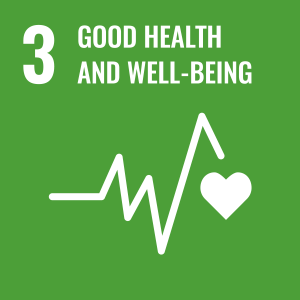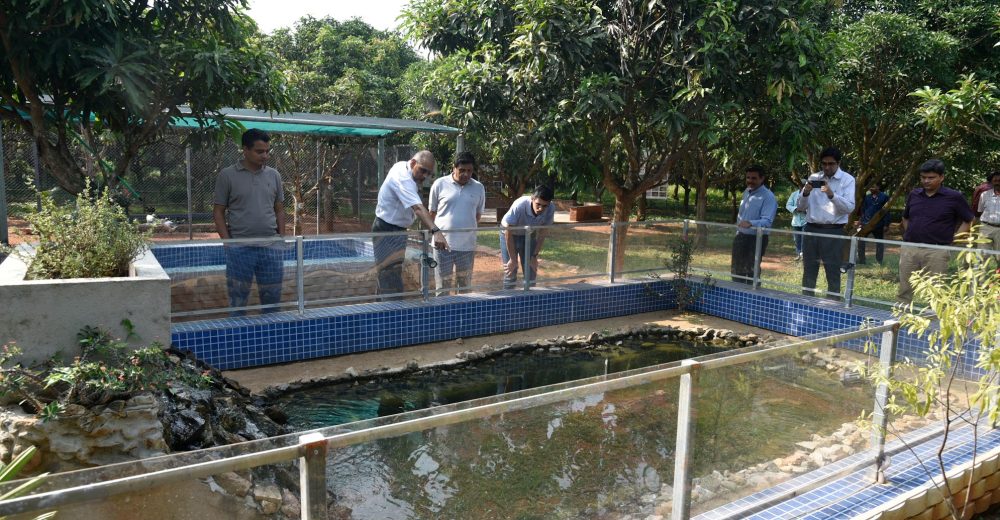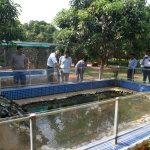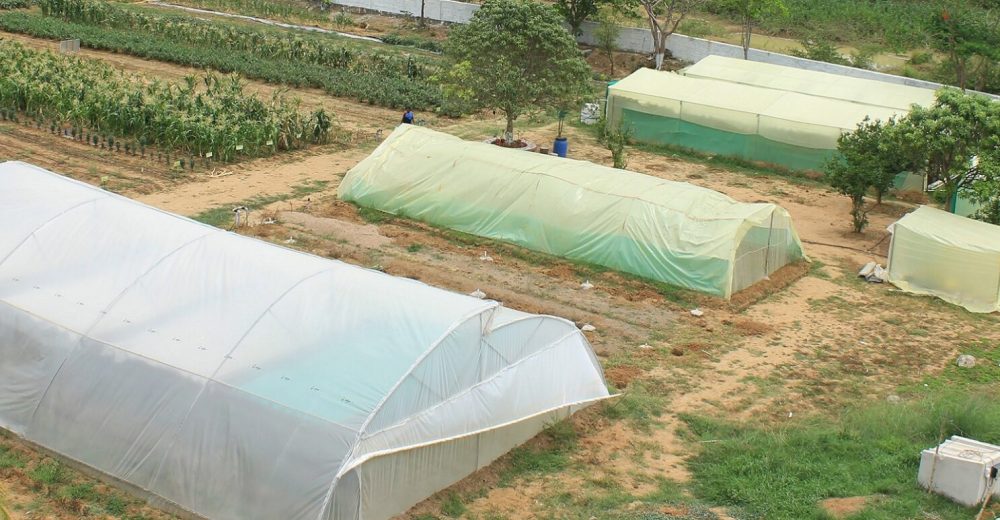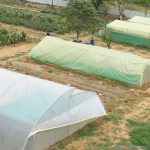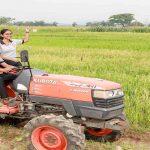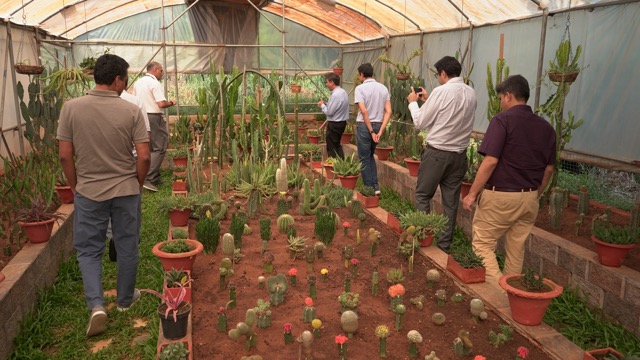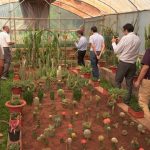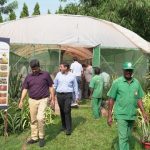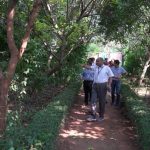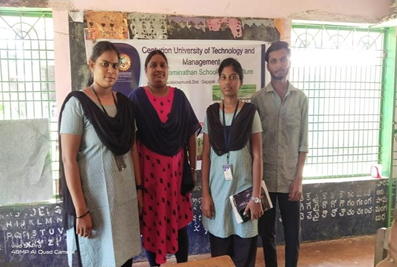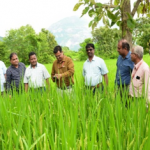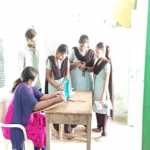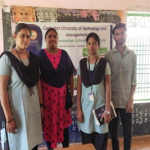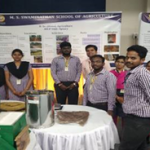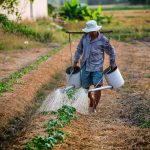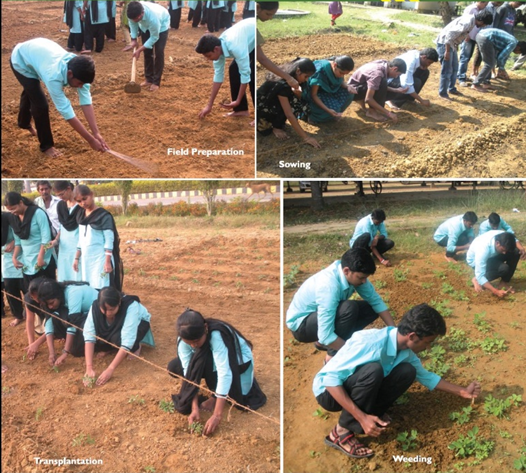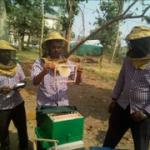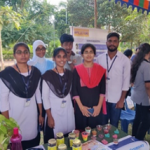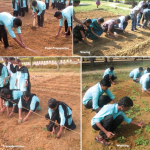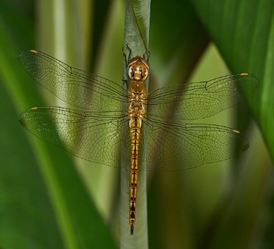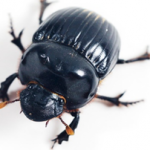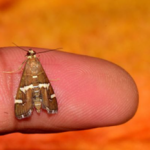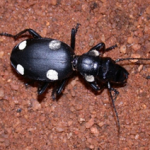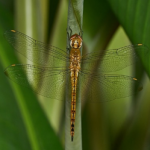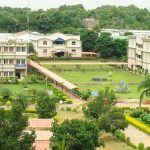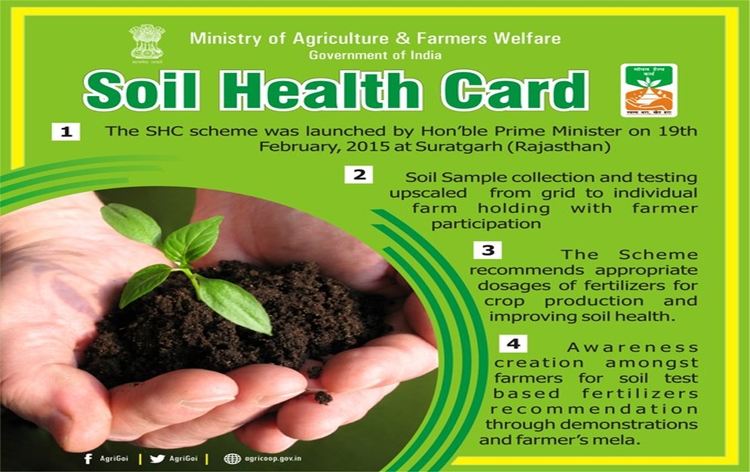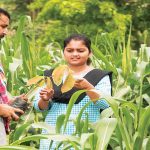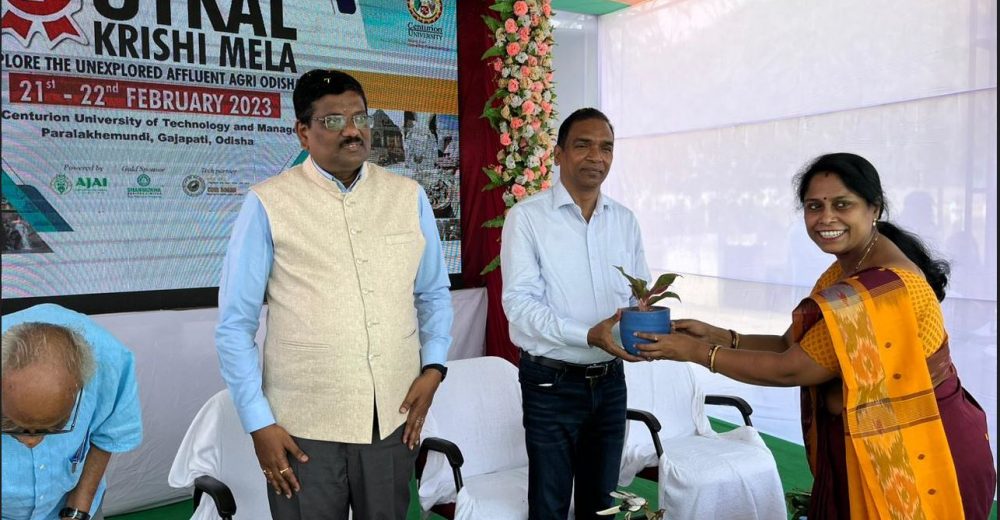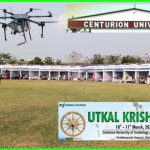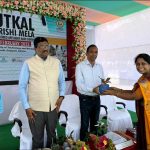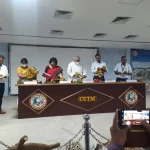Centurion University is deeply committed to the primary objective of Sustainable Development Goal 3, which aims to ensure the attainment of good health and well-being for people of all ages. The University embraces a diverse array of targets and indicators to enhance various facets of health dynamics, working towards the goal of achieving optimal health for individuals globally.
Community Engagements:
The overarching goal of Centurion University is to prioritize optimal health and the advancement of overall well-being within communities. Actively engaging with local populations, the University tailors healthcare interventions to suit distinct requirements. Efforts include organizing community health programs and addressing health issues in underserved regions, with a specific focus on nutritional enrichment in adopted villages.
Academics:
The University extends clinical and diagnostic services to community members at no or low cost through its officially registered Community Diagnostic Center. This initiative not only provides hands-on experience for students but also contributes to the welfare of society. Additionally, the University conducts seminars to educate communities about disease prevention, vaccination, and healthy lifestyle choices. Training and capacity-building programs, such as nurturing and agricultural training, are integral components of the University’s commitment to SDG 3.
Research:
Centurion University engages in research focused on matters impacting local health, contributing to an enhanced understanding of local health challenges. Collaborative research endeavours play a pivotal role in effectively addressing targeted health issues within the community, leading to the development of practical and sustainable solutions. The University has published 111 research papers by 2022, focusing on key aspects of SDG 3.
Entrepreneurship:
Fostering innovation, the University provides guidance to students and faculty in the development of entrepreneurial remedies for health-related predicaments. It offers resources for students to establish diagnostic chain facilities in rural communities, in collaboration with its School of Pharmacy and Allied Health Sciences (SoPAHS).
Social Impact:
Centurion University actively promotes social impact through outreach initiatives aligned with SDG 3. Engaging in the empowerment of health literacy within local communities, these initiatives provide individuals with the ability to make informed decisions regarding their health. The health camps organized by the University significantly contribute towards improved health outcomes, emphasizing its pivotal role in advancing the goals of SDG 3.


